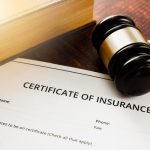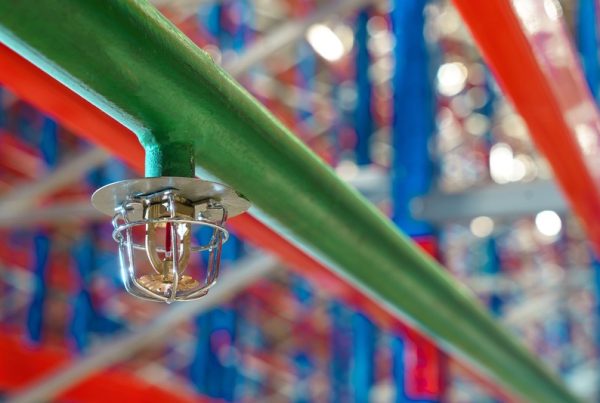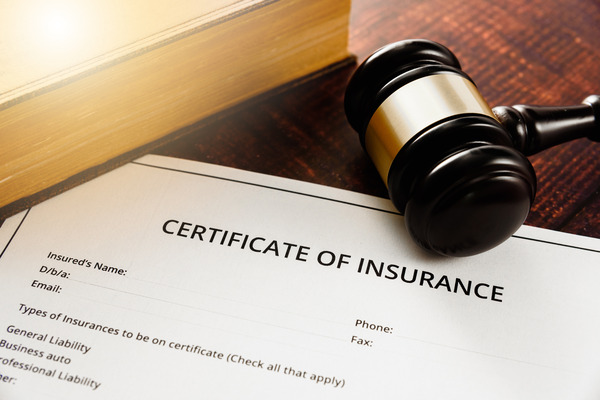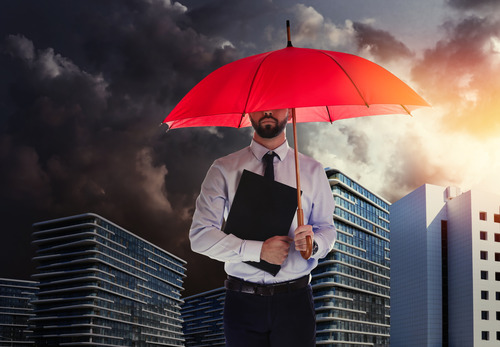A devastating fire can bring your business to a standstill in a matter of minutes. Whether you’re a retail store owner, run a small café, or manage a service business, dealing with the aftermath of a fire is overwhelming. With property damage, potential liabilities, and loss of income, it’s critical to know who’s responsible for what—and how your insurance can help.
Who’s Responsible for Damages?
1. Your Business Property
If the fire originated in your shop, you are primarily responsible for the damage to your own property. The landlord’s insurance will likely only cover the building itself, not your inventory, equipment, or furniture. This is where your commercial property insurance comes into play. Commercial property insurance covers damage to your business’s physical assets, like your inventory, supplies, and equipment. If you have this coverage, it can help you replace or repair these essential items after a fire.
2. Landlord’s Property Damage
In many cases, the lease agreement will hold you responsible for damage to the building if the fire originated in your space, especially if it was due to negligence (e.g., an electrical malfunction from your equipment, improper handling of flammable materials). Your landlord’s insurance typically won’t cover these repairs unless you can prove the fire wasn’t caused by you or your business activities.
However, this is where general liability insurance can come into play. It typically covers damage that you are legally liable for, including harm to someone else’s property, such as your landlord’s building.
3. Loss of Income
In the aftermath of a fire, it’s not just the physical damage that can hurt your business. The downtime during rebuilding or recovery can result in significant income loss. Business interruption insurance (also known as income loss insurance) can compensate you for lost revenue during the time your business is closed due to a covered event, like a fire. This can help cover ongoing expenses, like employee wages and rent, that still need to be paid even if your doors are temporarily closed.
What Insurance Covers Which Damage?
Let’s break down the different insurance coverages that can help in the wake of a fire:
- Commercial Property Insurance: This is essential for covering the cost of repairing or replacing your business property, such as furniture, inventory, and equipment.
- General Liability Insurance: This covers third-party property damage and bodily injury claims. For example, if the fire spreads and damages other tenants’ spaces in the same building, your general liability policy can help cover their repair costs.
- Business Interruption Insurance: If the fire forces you to close temporarily, this insurance helps compensate for lost income and covers fixed costs like rent, utilities, and payroll.
- Tenant Improvement Coverage: If you’ve made improvements or modifications to the rental space (like installing fixtures, signage, or built-in furniture), these assets may not be covered under the landlord’s policy. Tenant improvement coverage can help you repair or replace these items after a fire.
Common Pitfalls: What Landlord’s Insurance Won’t Cover
A common misconception is that a landlord’s insurance policy will cover all damages in the event of a fire. However, the reality is quite different:
- The Building: The landlord’s insurance will typically only cover the structural components of the building itself, not the contents within your shop. This means your personal property (stock, equipment) won’t be covered under their policy.
- Liability for Fire Damage: If a fire starts in your shop and is attributed to your negligence, you may be held responsible for making the building whole again. For example, faulty wiring in your equipment or improper storage of flammable materials could place the responsibility squarely on you.
This is why it’s essential to have your own comprehensive insurance policy that addresses the specific risks your business faces.
Taking the Next Steps After a Fire
After a fire, it’s essential to act quickly to minimize further damage and get your business back on track:
- Notify Your Insurance Company: File a claim as soon as possible. Your insurance company will guide you through the process, including documenting the damage and evaluating what’s covered.
- Document the Damage: Take photos of all damaged property, and create an inventory list of all affected items. This will expedite the claims process and ensure you receive appropriate compensation.
- Contact Your Landlord: Work closely with your landlord to assess the damage to the building and understand what repairs need to be made. They may have their own insurance adjusters involved, especially if structural damage occurred.
- Hire Contractors: Find licensed contractors to begin the repairs to your property. Many insurance companies will have recommended vendors to assist in rebuilding.
- Rebuild and Reopen: While business interruption insurance helps during closure, it’s important to expedite the process and get your business up and running as soon as possible. This helps mitigate long-term financial impact.
Protect Your Business with Proper Insurance Coverage
Fires can be devastating, but having the right insurance policies in place can make all the difference in recovering quickly and smoothly. If you don’t yet have comprehensive business insurance, now is the time to evaluate your needs and protect your business. USA Business Insurance offers tailored packages for small business owners across all 50 states, ensuring you have coverage for your property, liability, and income in case disaster strikes. Don’t wait until it’s too late—secure your business today and safeguard your livelihood.












